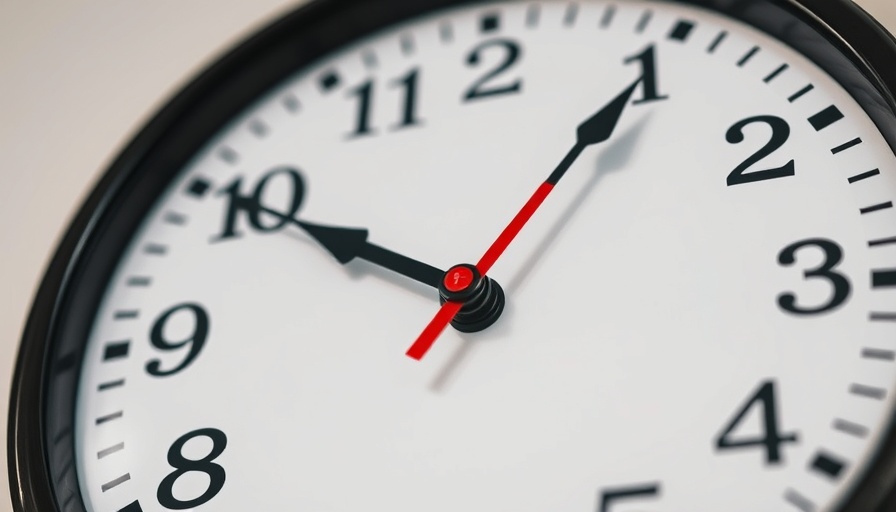
Your Essential DIY Self Assessment Tax Guide for 2025 (UK Edition)
Tax season is here again—and if you're filing your own tax return in the UK, whether for the first time or as a seasoned self-filer, it can feel like a minefield of forms, deadlines, and digital logins. HMRC offers a mountain of information, but let’s be honest—most of us haven’t got the time (or energy) to read through all the fine print.
This practical, jargon-free guide walks you through the essentials for filing your Self Assessment tax return for the 2024/25 tax year, helping you avoid common mistakes and take advantage of updates that could save you time, money, and stress.
Key Dates for 2025 Self Assessment
Here’s what you need to know about deadlines for the 2024/25 tax year:
Tax year ends: 5 April 2025
Paper return deadline: 31 October 2025
Online return deadline: 31 January 2026
Payment deadline (if you owe tax): 31 January 2026
If you’re self-employed, have untaxed income (like from renting property or freelance work), or earned more than £100,000, you’ll likely need to file a return.
What’s New for the 2025 Tax Season
Some important updates that might affect your return this year:
National Insurance Thresholds: The threshold for Class 4 National Insurance has been adjusted—great news if you’re self-employed, as it could lower your NIC bill.
Making Tax Digital (MTD): Although full rollout is still pending, HMRC is encouraging more people to keep digital records in preparation for mandatory changes in the future.
Dividend Allowance Reduction: The tax-free dividend allowance has dropped again—down to just £500 for 2024/25. If you receive income from shares or limited company dividends, be aware of the potential tax hit.
Energy Efficiency Grants: Some local councils are offering rebates or incentives for home improvements—check your local authority’s site to see what’s available.
What Documents You’ll Need to File
To make your Self Assessment smoother, gather the following:
Your Unique Taxpayer Reference (UTR) and National Insurance number
P60/P45 or payslips (if employed during the tax year)
Invoices or income summaries (if self-employed or freelancing)
Bank interest statements, dividend statements, or rental income breakdowns
Receipts for allowable expenses if you’re self-employed or claiming deductions
Student loan repayment details (if applicable)
Helpful DIY Filing Tips
1. Get Set Up Early: If this is your first time filing, register for Self Assessment at gov.uk ASAP. HMRC can take a couple of weeks to send your UTR and activation code.
2. Use HMRC’s Online Tool or Reputable Tax Software: The free tool on gov.uk works well for straightforward returns, but if you have multiple income streams, software like FreeAgent, TaxScouts, or QuickBooks can save a lot of time.
3. Keep Digital Records: Use spreadsheets or cloud software to track income and expenses throughout the year. It’ll save you from scrambling through receipts in January.
4. Watch for Common Deductions: You might be able to claim tax relief on:
Business travel
Office costs (even from home)
Subscriptions or professional fees
Charitable donations via Gift Aid
5. Double Check Everything:
Mistakes can lead to penalties or overpaying tax. Check figures carefully and, if possible, get a second pair of eyes (or a trusted accountant) to review.
FAQs for First-Time Filers
What happens if I miss the deadline?
You’ll face a £100 late filing penalty, even if you don’t owe any tax. Further delays can result in more fines, so it’s best to get it in early.
What if I don’t think I earned enough to file?
If HMRC has told you to submit a return, you must file it—even if you earned below the personal allowance. Otherwise, request to be removed from Self Assessment via your HMRC account.
Can I claim working-from-home expenses?
Yes, if you're self-employed and work from home, you can claim a proportion of your rent, bills, or use HMRC’s simplified flat-rate option.
Final Thoughts: Take Control of Your Taxes in 2025
Filing your own tax return doesn’t have to be stressful. By staying organised, keeping digital records, and being aware of the latest changes, you can confidently manage your own Self Assessment—and maybe even enjoy it (a little).
Tax season is a great opportunity to improve your financial awareness, get on top of your income, and make sure you’re not paying more than you need to. So grab a cuppa, set aside some time, and take charge of your taxes like a pro.
 Add Row
Add Row  Add
Add 




 Add Row
Add Row  Add
Add 

Write A Comment